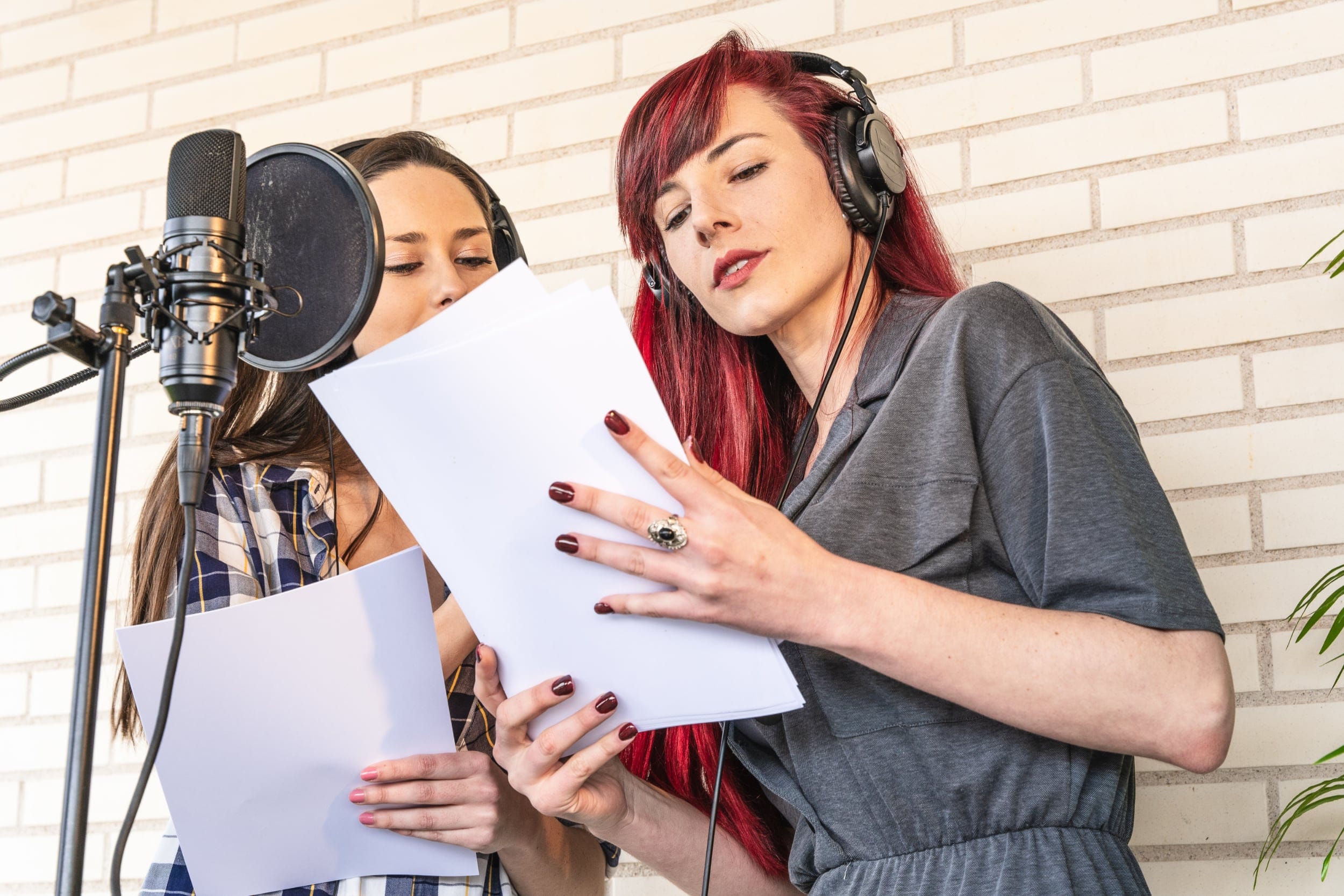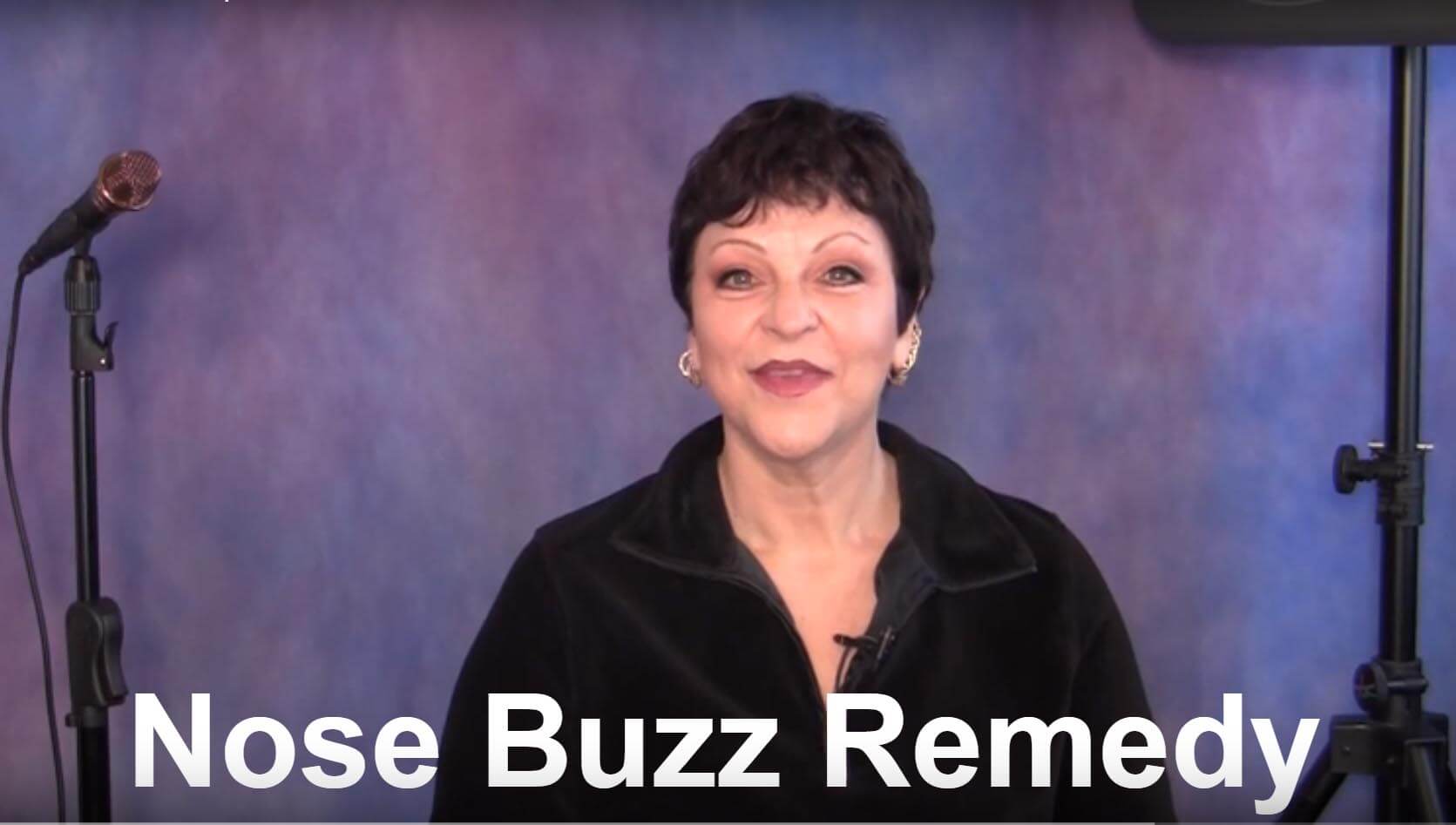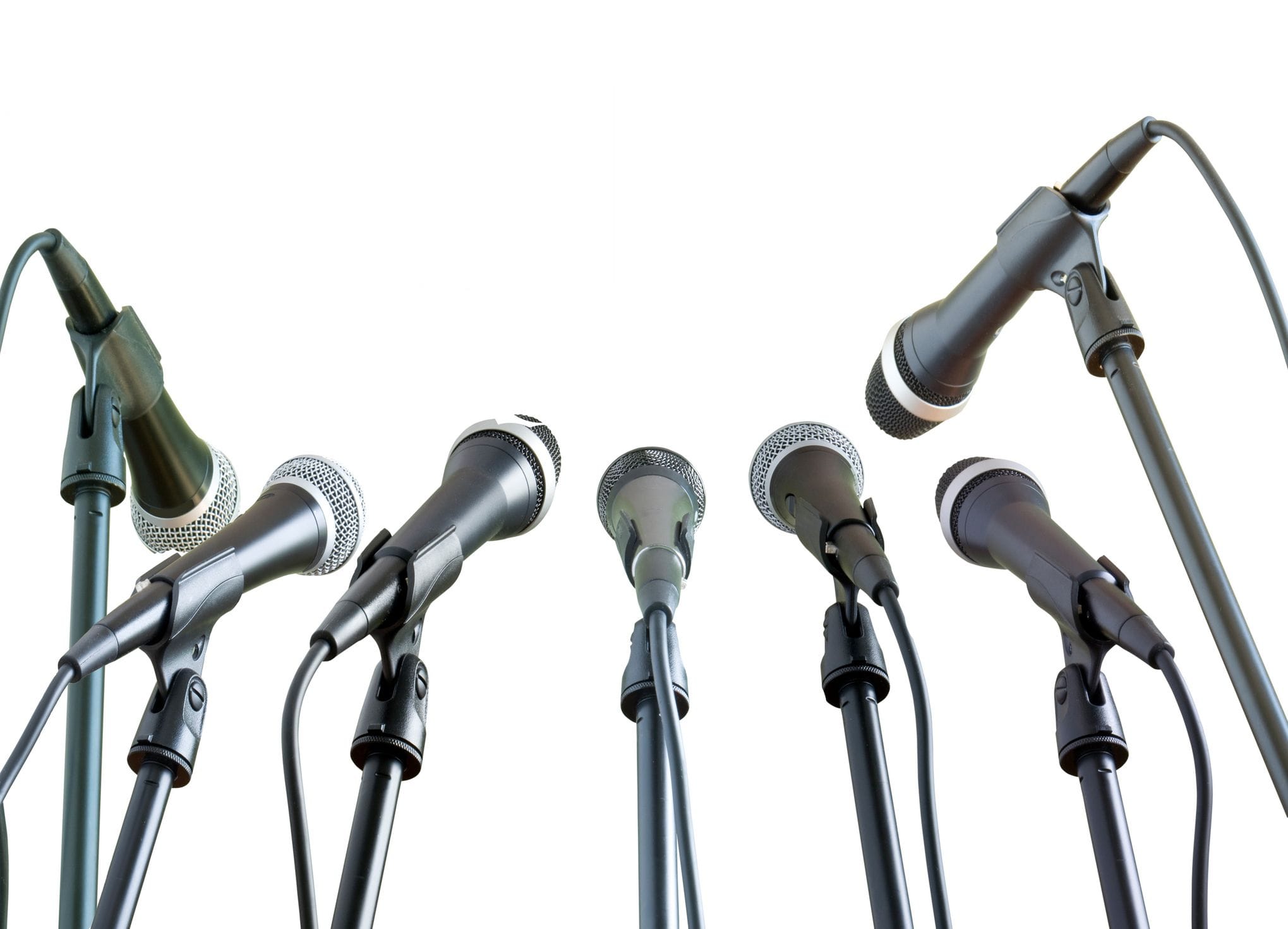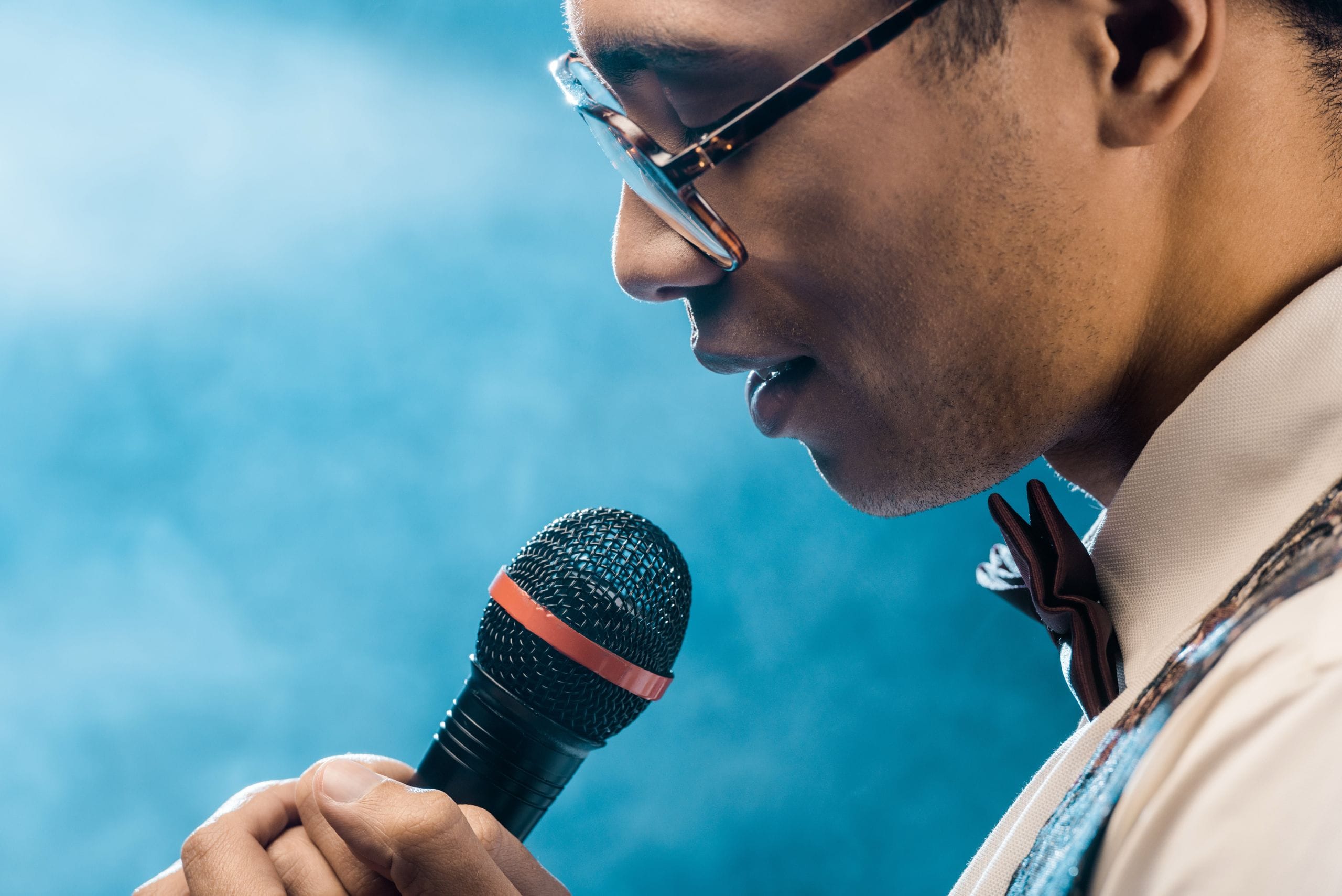Eye Contact
What you do with your eyes during a performance should be determined by what is artistically appropriate rather than one’s emotional hang-ups. Avoiding eye contact with your audience because of stage fright or shyness isn’t uncommon, especially for novice performers. As difficult as it may seem to overcome that impulse, if you don’t you may always appear to be a novice in your audience’s mind.
When singing a sad or somber song, closing your eyes may help to best convey the mood. Don’t be afraid to do it if it is appropriate. There are many situations, however, when looking directly at your audience is exactly what’s needed to impinge emotionally. In those cases, look them straight in the eye to make your performance more powerful. Let your song interpretation dictate what you do with your eyes. If it helps you to pretend that you’re looking at adoring fans in order not to avoid eye contact, then pretend, at least at first until you become comfortable. Until you get really comfortable looking at specific audience members directly, you can at least casually sweep your glance across the crowd as though you are looking at each one in turn and moving on to the next.
With enough performance experience and also practicing some of the stage manners, that we discussed in another vocal tip, you will become comfortable looking directly in the eyes of any individual in the crowd. (Stage Manners vocal tip is available in the Archives of this site.) If the stage lights are shining in your eyes, it may be difficult to actually make eye contact, but don’t let that be an excuse for you to stare at your feet or the ceiling. Keep in mind that your audience doesn’t have the lights in their eyes and they see you quite well.
It usually doesn’t occur to them that you can’t see them, so they expect you to be looking their way, not at your feet. You know where they are so cast your gaze in their general direction. Have you ever spoken to someone who always looked away and avoided eye contact? Didn’t it make you feel uncomfortable? Well, your audience will feel a similar discomfort if you never look at them. Appropriate eye contact can give you greater command of your performance space and enhances rapport with your audience.
Be Yourself
Being genuinely and comfortably yourself while performing is perhaps the most powerful rapport builder of all stage manners. The audience can sense when you are pretending or trying to be something that you aren’t. If they can’t get a sense of who you are, they aren’t likely to connect with you emotionally. Getting comfortable with being yourself on stage is not always easy. It usually comes after, you have become comfortable with all the technical details of performing and stage manners.
When you know the songs cold and don’t have attention on your own singing or movement on stage, you’re more likely to be comfortable being yourself. Practicing stage manners during rehearsals is usually overlooked by most musicians, but it a very good way to smooth our your performance. After you know the songs well, begin practicing talking to the audience and your movements on stage. Videoing your shows and viewing them later as an educational tool to hone your skills is very beneficial.
Great performers with decades of experience develop a persona and style that becomes their unique trademark. You can shorten the time it takes to develop your own stage identity by practicing stage manners, eye contact, etc. during rehearsals. When you are being yourself and singing those lyrics emotionally to each individual in your audience, you’ll have the impact of a great performance.





